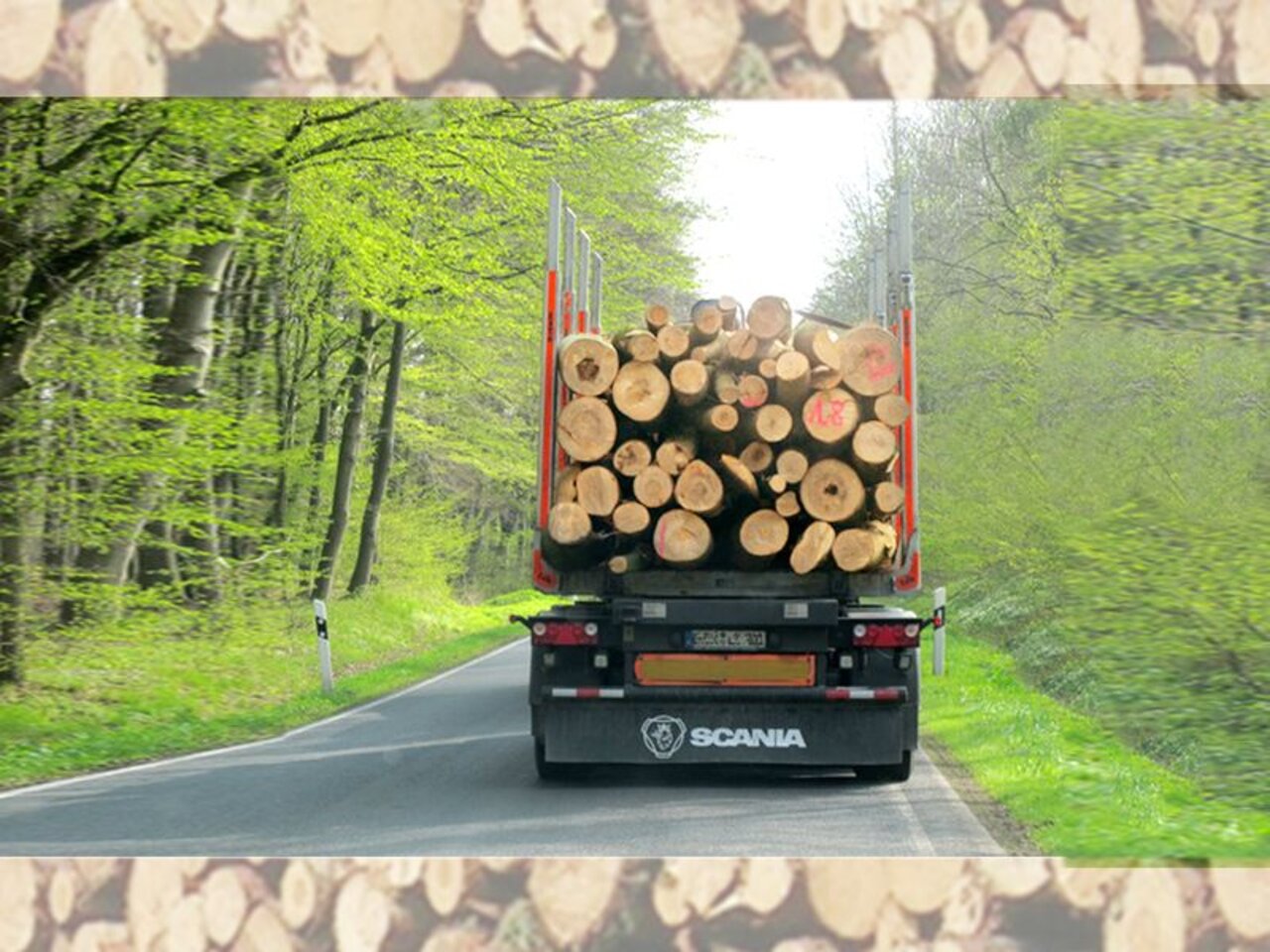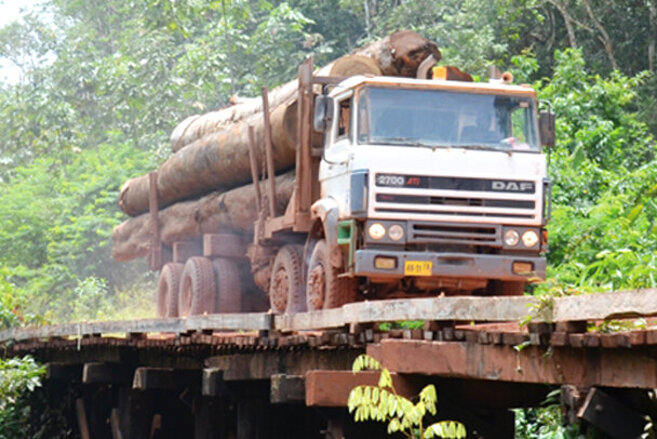Project
Biokraft - Biofuels from woody biomass

Biokraft - Availability of woody biomass as a raw material for the production of biofuels in Germany and the EU until 2040
Biofuels play an important role in the IPCC climate mitigation scenarios climate mitigation scenarios and woody biomass is considered a viable feedstock for its production, which can avoid competition for land and food. Yet, is there enough wood to reach our climate goals? Our research interest particularly focuses on quantification of woody biomass for biofuel production in Germany and the EU.
Background and Objective
In light of the international climate goals as well as National Climate Protection Plan 2050, biofuels are considered a sustainable alternative to fossils. The production of first-generation biofuels - produced mainly from food crops - has social and environmental limits. Therefore, the focus has shifted to the development of advanced second-generation biofuels from lignocellulosic resources such as woody biomass, which do not compete with food production. The use of woody biomass, however, still implies risks and its availability for a long-term and sustainable biofuel production has not been clearly assessed yet.
Thus, the BIOKRAFT project “Availability of woody biomass as a raw material for the production of biofuels in Germany and the EU until 2040" aims to close this research gap. Considering sustainability of supply, the project also investigates the quantitative contribution of woody biomass to the biofuel production as well as the effects it may have on the decarbonisation of the German transport system.
Target Group
Policy-makers, scientific community, industry
Approach
BIOKRAFT is a cooperation between Thünen Institute for International Forestry and Forest Economics, Eberswalde University for Sustainable Development (HNEE) and International Institute for Applied Systems Analysis (IIASA), coordinated by German Biomass Research Centre (DBFZ). Our task in the consortium is to conduct a quantitative feedstock assessment for the biofuel production in Germany and the EU (2000 until 2040).
First, an ex-post analysis is conducted to quantify the supply and use of woody biomass between 2000 and 2018 in Germany and the EU. The estimation of the future availability of woody biomass for biofuel production (2018 to 2040) is forecasted using the WEHAM scenarios for Germany and the literature analysis for the EU. The overall goal of the project is to formulate political recommendations for action concerning a long-term and sustainable provision of biofuels.
Results
- Project brief 2023/31a · Susanne Iost, Liliya Shmyhelska, Holger Weimar
BIOKRAFT – Availability of woody biomass for biofuel production in GER and EU 2000 to 2040
DOI:10.3220/PB1688989734000
https://literatur.thuenen.de/digbib_extern/dn066555.pdf
Publications
- 0
Iost S, Glasenapp S, Jochem D, Shmyhelska L, Weimar H (2024) Holzaufkommen und -verwendung in Deutschland - Entwicklung seit 2000 und Ausblick bis 2040. Braunschweig: Johann Heinrich von Thünen-Institut, 66 p, Thünen Working Paper 235, DOI:10.3220/WP1710841727000
- 1
Iost S, Shmyhelska L, Weimar H (2023) BIOKRAFT - Availability of woody biomass for biofuel production in GER and EU 2000 to 2040. Hamburg: Thünen Institute of Forestry, 1 p, Project Brief Thünen Inst 2023/31a, DOI:10.3220/PB1688989734000
- 2
Iost S, Shmyhelska L, Weimar H (2023) BIOKRAFT - Rohstoffverfügbarkeit von holzartiger Biomasse zur Produktion von Biokraftstoffen in DE und EU 2000 bis 2040. Hamburg: Thünen-Institut für Waldwirtschaft, 1 p, Project Brief Thünen Inst 2023/31, DOI:10.3220/PB1688989216000
Thünen-Contact

Involved Thünen-Partners
Involved external Thünen-Partners
-
Hochschule für nachhaltige Entwicklung Eberswalde (HNEE)
(Eberswalde, Deutschland) - Deutsches Biomasseforschungszentrum (DBFZ)
(Leipzig, Deutschland) - International Institute for Applied Systems Analysis (IIASA)
(Laxenburg, Österreich)
Funding Body
-
Bundesministerium für Verkehr und digitale Infrastruktur (BMVI)
(national, öffentlich) -
Deutsches Biomasseforschungszentrum gemeinnützige GmbH (DFBZ)
(national, öffentlich)
Duration
11.2020 - 12.2022
More Information
Project status:
finished








